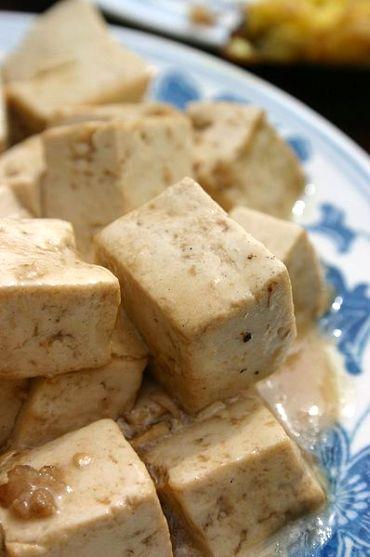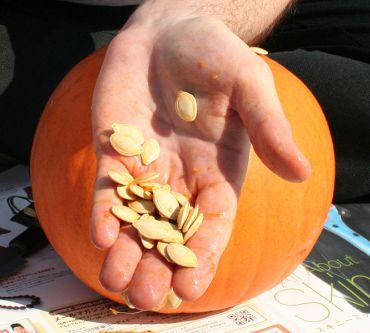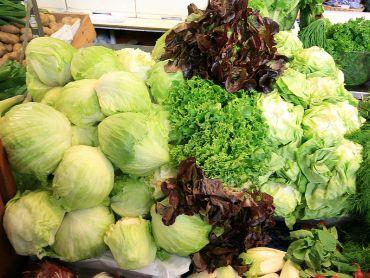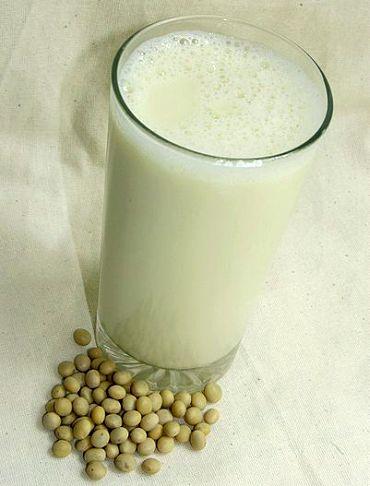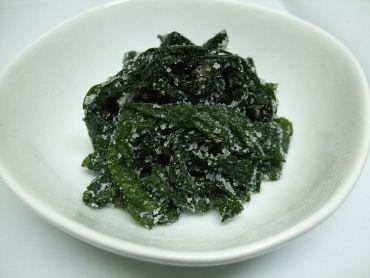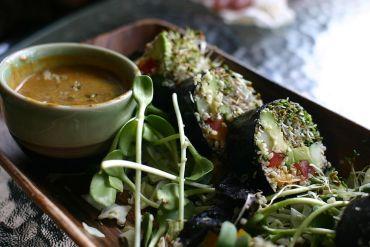Vegetarian? Here's how to eat right
Last updated on: June 8, 2010 14:20 IST
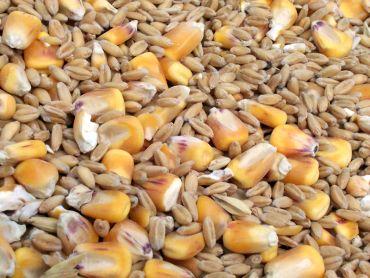
You may have cut all the meat out of your diet, but don't cut down on the nutrients you need in the bargain.
It is possible to have a fully balanced diet that is entirely vegetarian, if you work it right. All you need to do is eat smart to make your meals as complete as possible.
If you consider a meal of potatoes and rotis or rice and dal as staple vegetarian fare, then you could be getting seriously short-changed on some key nutrients. With such a diet, you will not be getting the required intake of protein, calcium, iron, zinc, Vitamin D, Vitamin B12 and omega 3 fatty acids.
Balance your proteins
Plant foods offer incomplete protein as they tend to be deficient in one or other essential amino acids (protein is made of building blocks called amino acids and our body needs nine of these from food). But this problem can be managed easily by being careful about both the kind and amount of protein being eaten.
How to:
- Combine plant foods wisely to cover all essential amino acids. For example, legumes (cooked dried beans, dried peas, and lentils) are low in sulfur-containing amino acids (such as methionine), but they are high in another amino acid called lysine. Grains are just the opposite. So by eating both together or during the course of a day, you can get the benefits of both. Beans and rice, dal-chawal, khichri, pita bread with hummus (ground garbanzo beans and sesame seed paste) are good examples of complementary proteins.
- Look for variety. Don't stick to just the known sources like legumes and dairy -- nuts, for instance, are an easy and tasty source of high-quality protein.
Have more iron
Last updated on: June 8, 2010 14:20 IST
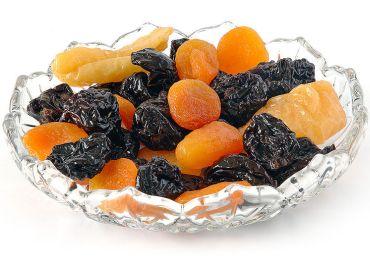
The best sources of iron tend to be non-vegetarian (liver, egg, sardines etc). Iron from plant foods (nonheme) is not absorbed as well as iron from meats (heme), so it is important for vegetarians to eat more iron-rich foods to meet their requirements. Vegetarian iron sources include beans, leafy green vegetables, banana, brown rice, sprouts, seeds (sesame, sunflower and pumpkin), mushrooms and iron-fortified grain products.
How to:
- Try to pair iron-rich foods with a Vitamin C source, as this helps improve the absorption of iron from the food (almost six-fold). So add some orange segments to your salad, make a tamarind-based curry with spinach, cook iron-rich chhole (chickpeas) with tomatoes, have beans with tomato sauce, or drink some orange juice with your bowl of iron-fortified cereal. Also try to eat lots of the foods that contain both iron and Vitamin C: bok choy, broccoli and Swiss chard (doesn't have a Hindi name but is usually available in veg shops these days -- looks like spinach and potatoes).
- Have more dried fruit; snack on them when possible. Dried apricots, raisins, prunes, mangos, pineapple, figs, dates, cherries and cranberries are all good and easy sources of iron.
- Don't combine coffee, tea, cocoa and calcium with iron-rich foods -- they obstruct iron absorption. This means no tea or coffee with your spinach toast! Give it a decent interval. If you are having calcium supplements, have them at least an hour before or after an iron-rich meal.
Bone up on calcium
Last updated on: June 8, 2010 14:20 IST
Dairy products are an excellent source but vegetarians who do not consume milk or milk products (vegans) need to get calcium from other sources. Try soy milk and orange juice fortified with calcium; other good sources include seeds (sunflower, sesame etc), nuts (almonds, peanuts, cashews), fruit (banana, custard apple) and green vegetables (broccoli, spinach, turnip greens).
How to:
- Include tofu in your diet. Not only is this a rich source of calcium, the Vitamin D in it helps in better absorption of the calcium too.
- Cooking greens or sprinkling them with a little lemon juice or vinegar makes the calcium more available to your body.
Get enough zinc
Last updated on: June 8, 2010 14:20 IST
Zinc from plant foods is poorly absorbed, so it is important for vegetarians to get enough zinc. Good sources of zinc include leavened whole grains (such as whole-wheat bread), legumes (beans and lentils), soy foods and dairy products.
How to:
- Pumpkin seeds provide one of the most concentrated vegetarian food sources of zinc. Sprinkle some on your food.
- Sprinkle cashews in salads, or keep a bag of mixed nuts in your desk or backpack. They contain about twice as much iron and zinc as almost any other nut.
Optimise Vitamin B intake
Last updated on: June 8, 2010 14:20 IST
For this, it is important to go strong on grains. Vitamin B12 (found mostly in foods from animal sources, such as milk, eggs, and meat) and B2 are often a bigger problem. So look for foods fortified with Vitamin B12 (such as fortified soy milk) or take a B12 supplement. Good sources of B12 (riboflavin) are whole grains, wheat germ, mushrooms, almonds and leafy green vegetables.
How to:
- Try nutritional yeast as it is a great vegetarian source of all B vitamins (and protein too). It's great in smoothies or sprinkled over pasta.
- Different grains provide different nutrients, so it helps to vary the types you eat. Don't just stick to making brown rice all the time (because you have heard it is healthy); it's better to mix up the grains you eat. Try oats, red rice, ragi, barley, quinoa (this is a protein-rich cereal which is available now in health food shops easily -- very healthy, it gives the benefits of a legume too), bajra etc.
The D factor
Last updated on: June 8, 2010 14:20 IST
Vegetarians who don't get adequate sunlight and don't consume enough milk or milk products may not get enough Vitamin D.
How to:
- Soy milk is often fortified with Vitamin D, as are some cereals. You can also check with your doctor about a supplement.
- Omega-3 fatty acids keep skin supple and prevent disease. Although fish is the best known source of this essential fatty acid, flax oil (sold both in liquid form and in capsules), flax seeds and walnuts are excellent sources too.
The power of seaweed
Last updated on: June 8, 2010 14:20 IST
Incorporate (and develop a taste for) seaweed in your diet. These super foods -- with names such as alaria, dulse, kelp, nori, spirulina and agar -- are good sources of minerals, including magnesium, calcium, iodine, iron and chromium, as well as vitamins A, C, E and many of the Bs. So add them to the salads, saute with vegetables or simply crumble them in soups (look for them in Korean and Japanese specialty shops).
Are you a vegan?
Last updated on: June 8, 2010 14:20 IST
Vegans are stricter than the average vegetarian. Besides animal foods like meat and eggs, they also eliminate from their diet foods which come from animals such as dairy products (so even milk, paneer and cheese are out), as well as processed foods containing these or other animal-derived ingredients such as gelatin; some even give up honey. This group should be extra careful about its calcium and vitamin B12 intake.
Source:



